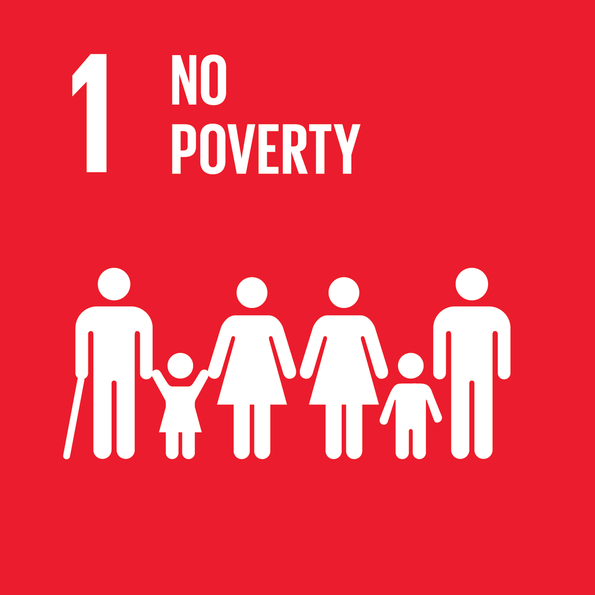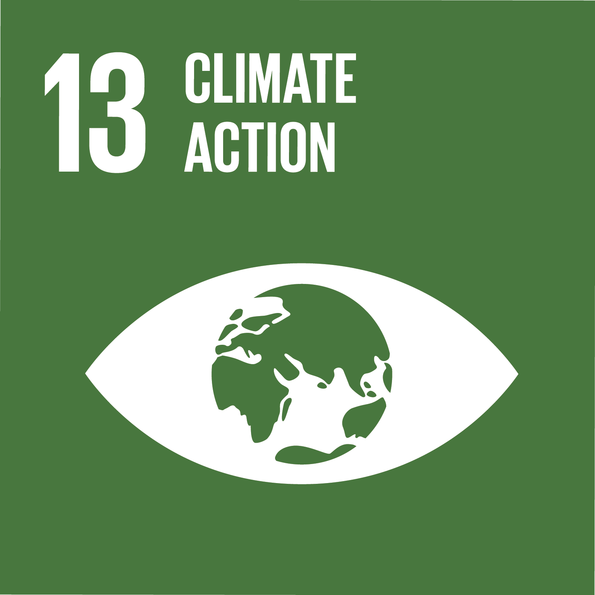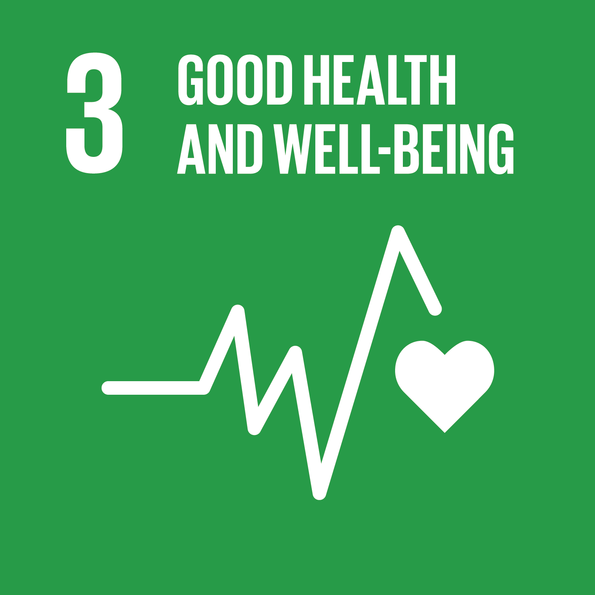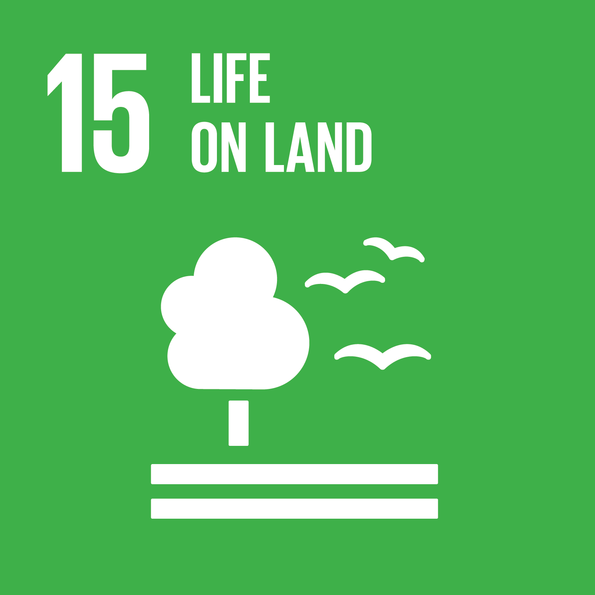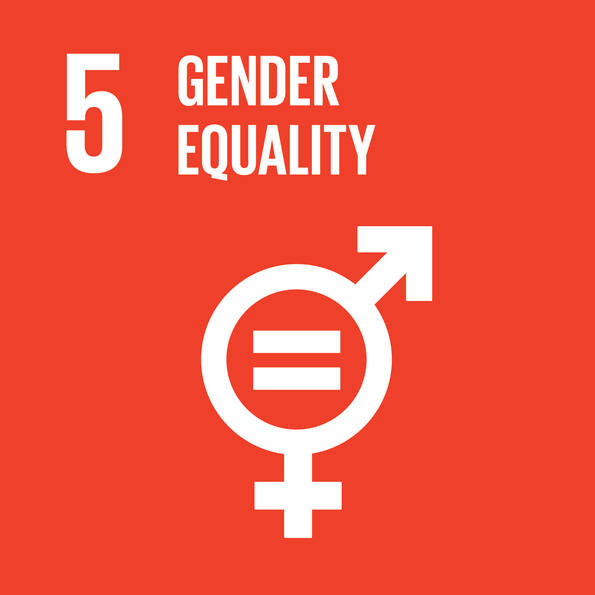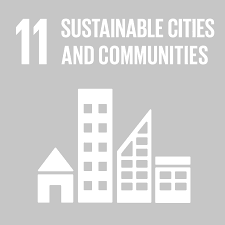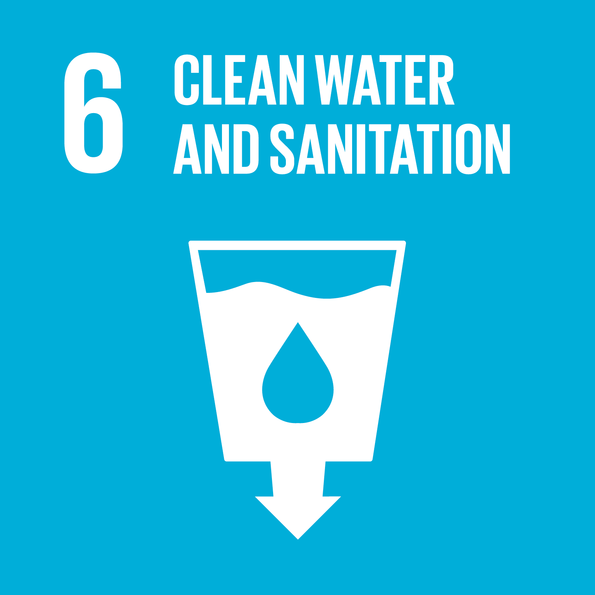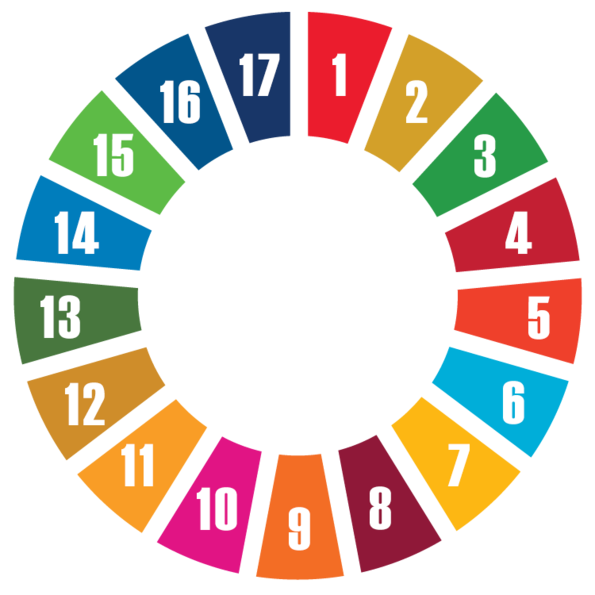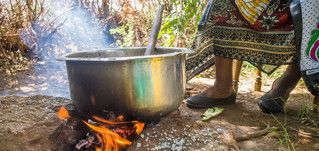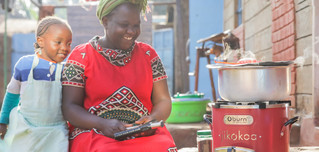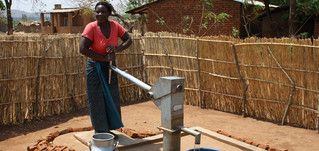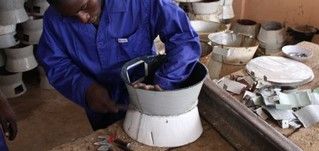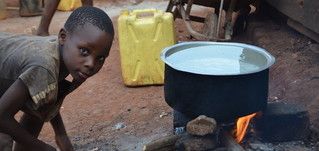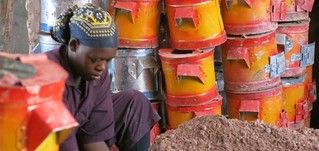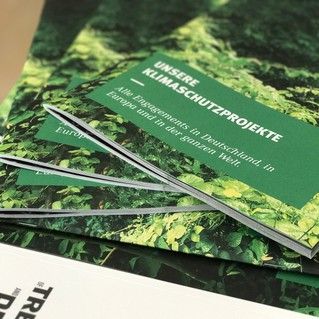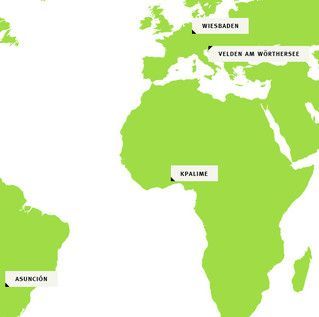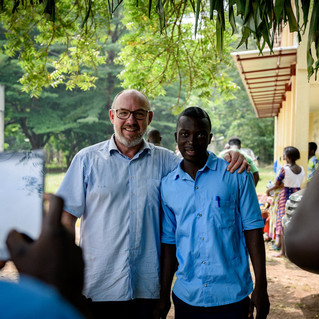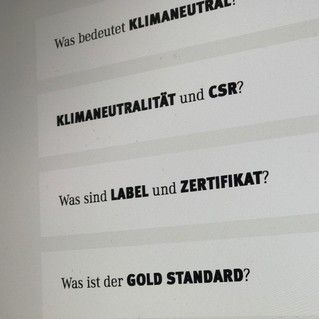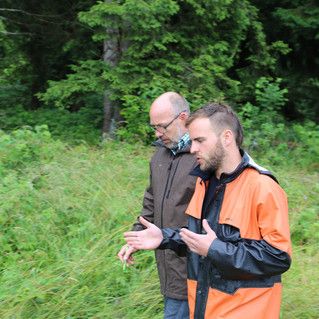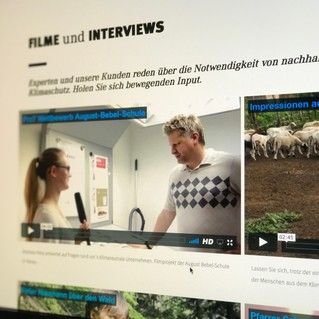Biolite Homestove Project
Decreased deforestation through
efficient cooking stoves
all regions, uganda*
According to the UN, Uganda has lost 26.3% of its forest area through logging for fuel from 1990 to 2005. The current deforestation rate per year is over 2%.
On the one hand, there is a growing demand in the cities for wood for building and manufacturing furniture.
This aggravates the situation of the 95% rural population who need firewood for their daily basic needs.
The BioLite Homestove Project distributes cooking ovens to Ugandan households who do not have reliable access to energy and use biomass (wood, manure) for cooking in the home.
So far, families have been cooking on traditional stoves that are inefficient and highly polluting.
The improved biomass cookers do not smoke and reduce toxic carbon monoxide emissions by 90% while halving the amount of fuel used.
Crop residue or cow dung can be used for burning.
For women and girls, this means less time spent collecting wood.
The deforestation of regional forests is contained and local ecosystems can regenerate.
*uganda
Great goals, difficult implementation
According to WHO, 663 million people in Africa, Asia and South America have no access or only insufficient access to clean drinking water. Therefore, drinking water in plastic bottles is not only an alternative to unsafe water supply for many people, but the only way out.
Uganda is one of the centers where drinking water for the African region is bottled in PET-bottles. Indeed, this situation causes a great waste problem. However, these water bottles are imperative for many people to survive.
In 2012 already, Uganda has made an important decision regarding the climate protection: a law prohibiting plastic bags was passed. The judges decided that plastic bags „violate the rights of people to a clean and healthy environment”.
The Ugandan climate policy has set itself ambitious goals which are very difficult to implement due to various problems that are located at different levels. In 2007, the NAPA was adopted. The National Adaptation Programme of Action and different programs of action include strategies of adaptation to climate change.
Countries such as Uganda are among the most vulnerable to climate change without belonging to the main polluters. Uganda and all African countries are dependent on the reduction of greenhouse gas emissions by the industrialized countries, the compensation for the financing of adaptation measures and transfer of technology in the country.


